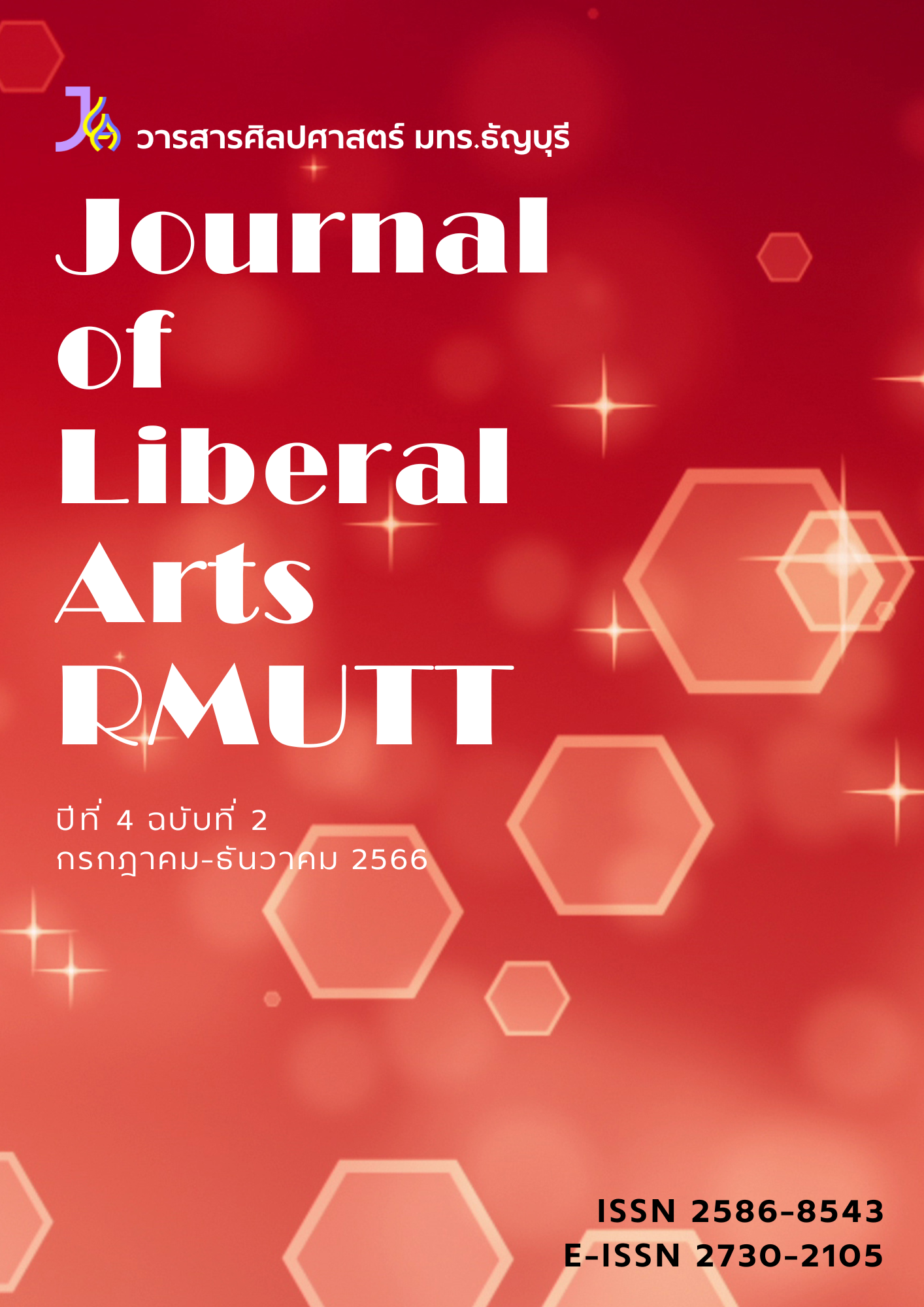An Analysis of Slang Words Used in the Animation “How to Train Your Dragon”
DOI:
https://doi.org/10.60101/jla.2023.4.2.2791Keywords:
slang words, animations, films, movie scriptsAbstract
Animation movies have become increasingly popular among people of all ages, including children. Sometimes, the use of slang in character dialogues can confuse or mislead young viewers. This study aimed to investigate slang words used in the animation “How to Train Your Dragon” (2010) since the dialogues are enjoyable, and the characters are intriguing to a wide range of audiences, though slang words in the movie could be identified and used as guidance for young children. As a result, the slang words used in the movie were identified and explained in terms of definitions in the context of use, categorized into designated types, and calculated using descriptive statistics, including frequency and percentage. The data used in this study were the script in the form of a PDF file derived from Netflix and online dictionary websites. It was found that there are 28 slang words that appear in the movie. There are five types of slang words including the most common type of Fresh and Creative, followed by Clipping, Imitative, and Flippant, respectively, while Acronym was not found. These slang words are useful for young audiences to make sense of the movie when guided by adult audiences, and they can be beneficial for ESL/ESL English learners who are interested in learning English through films.
References
Allan, K., & Burridge, K. (2006). Forbidden Words: Taboo and the Ccensoring of Language. Cambridge: Cambridge University Press.
Cambridge Dictionary. (2023). Dictionaries. Retrieved on April 8, 2023, from https://dictionary.cambridge.org/dictionary/
Cecilika, T. (2021). An Analysis of Slang Word in "Rush Hour" Movie: Sociolinguistics Approach. Retrieved on January 30, 2023, from http://repository.upbatam.ac.id/669/1/cover%20s.d% 20bab%20III.pdf
Collins. (2023). Collins English Dictionary. Retrieved on April 8, 2023, from https://www.collinsdictionary.com/ dictionary/english
Dalzell, T., & Victor, T. (Eds.). (2008). The Concise New Partridge Dictionary of Slang and Unconventional English. England: Routledge.
Dalzell, T., & Victor, T. (Eds.). (2015). The Concise New Partridge Dictionary of Slang and Unconventional English (2nd ed.). England: Routledge.
Fandom. (2023). Popular Wiki Pages in Movies. Retrieved on April 14, 2023, from https://www.fandom.com/
Holmes, Janet. (2013). An Introduction to Sociolinguistics (4th ed.). New York: Routledge Taylor and Francis Group.
How to Train Your Dragon Wiki. (2010). How to Train Your Dragon (transcript). Retrieved April 14, 2023, from https://howtotrainyourdragon.fandom.com/wiki/How_to_Train_Your_Dragon_(transcript)
IMDb.com Inc. (2023). Ralph Breaks the Internet. Retrieved on January 5, 2023, from https://www.imdb.com/title/tt5848272/
Latifah, S. N. (2017). An Analysis of Slang Words in "Deadpool" Movie. Retrieved on January 5, 2023, from http://eprints.unram.ac.id/11778/1/JOURNAL%20AYA.pdf
Lewis, R. (2020). DreamWorks Animation. Retrieved on December 7, 2022, from https://www.britannica.com/ topic/DreamWorks-Animation
MasterClass. (2021). A Guide to the History of Animation. Retrieved on November 23, 2022, from https://www.masterclass.com/articles/a-guide-to-the-history-of-animation
Maurer, D. W. (2021). Slang linguistics. Retrieved on November 23, 2022, from https://www.britannica.com/topic/slang
Ndoa, M. C. S. (2021). An Analysis of Slang Words Used by the Main Characters in Straight Outta Compton Movie. Retrieved on November 23, 2022, from https://repository.usd.ac.id/39081/2/ 164214047_full.pdf
Oxford University Press. (2023). Oxford Advanced Learner's Dictionary. Retrieved on December 19, 2022, from https://www.oxfordlearnersdictionaries.com/definition/english/
Panjaitan, T. A. (2017). An Analysis of Slang Language in Zootopia Movie. Retrieved on December 18, 2022, from http://etheses.uin-malang.ac.id/14154/1/13320041.pdf
Partridge, E. (1954). Slang To-Day and Yesterday. London: Routledge & Kegan Paul Ltd Broadway House.
Partridge, E. (1970). Slang To-Day and Yesterday (Reprint ed.). London: Routledge and Kegan Paul.
Sanghvi, S. (2022). 16 Words, Phrases and Neologisms Made Popular by Movies. Retrieved on December 5, 2022, from https://www.mcislanguages.com/16-words-phrases-and-neologisms-made-popular-by-movies/
Selviana. (2021). An Anlysis of Slang Words Used in "Toy Story 4" Movie Script. Retrieved on December 5, 2022, from http://repository.radenintan.ac.id/16794/1/PUSAT%20BAB%201%20 DAN%202.pdf
Strauss, A., & Corbin, J. M. (1990). Basics of qualitative research: Grounded theory procedures and techniques. Thousand Oaks, CA, US: Sage Publications, Inc.
Syahputra, P. S., & Syafitri, D. (2022). Slang Words Analysis in the Movie Ralph Breaks the Internet. EDULIA: English Education, Linguistic and Art Journal, 2(2), 46-52. https://www.doi.org.10.31539/edulia.v 2i2.3939
Trudgill, P. (1984). Introduction. In P. Trudgill (Ed.), Applied Sociolinguistics (pp. 1-4). London: Academic Press.
Trudgill, P. (2000). Sociolinguistics: An Introduction to Language and Society. London: Penguin Publishing Group.
Urban Dictionary. (2023). English Dictionary. Retrieved on December 18, 2022, from https://www.urbandictionary.com/
Wulandari, D. A. (2019). An Analysis on Slang Words Used in the Boss Baby Movie. Retrieved on December
, 2022, from http://etheses.iainkediri.ac.id/1154/
Yule, G. (2017). The Study of Language (6th ed.). UK: Cambridge University Press.
Downloads
Published
How to Cite
Issue
Section
License
Copyright (c) 2023 Journal of Liberal Arts RMUTT

This work is licensed under a Creative Commons Attribution-NonCommercial-NoDerivatives 4.0 International License.













